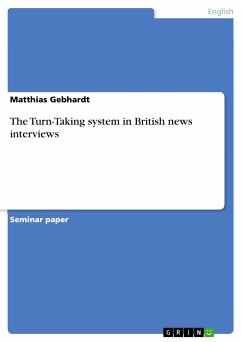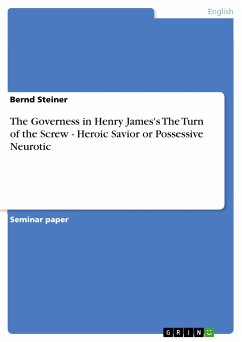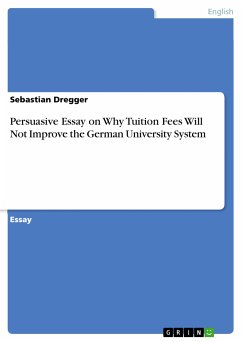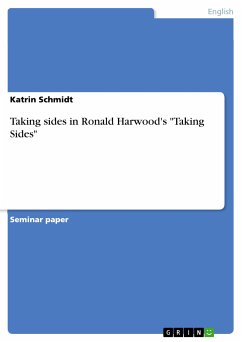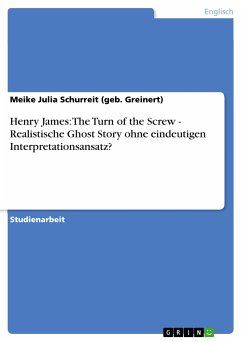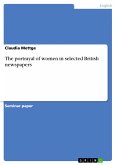Seminar paper from the year 2004 in the subject English Language and Literature Studies - Linguistics, grade: 1,3, Technical University of Braunschweig (Englisches Seminar - Abteilung Englische Sprache und ihre Didaktik), course: Introduction to Pragmatics, language: English, abstract: Being informed ist what most people consider the most important thing in these days. Everybody wants to know everything about present events and their circumstances, future conditions regarding politics, etc. and also be able to discuss them with other people. This often requires having a lot of background knowledge. But as the facts are often too complex and not all information needed is accessible to each and every person, there has to be some way to easily inform all people who are interested in a comprehensible manner. What once was the herald, who was sent out by the king, may now be the interviewer in a TV-Show or on the radio. He gets the information directly from politicians who are involved or in charge, victims of a crime, eye-witnesses and so on. In so doing, he passes everything he learns to the audience who may not only consist of a third person participating in the discussion but of thousands or sometimes millions of people. Consequently news interviews have become more and more important as they convey important issues to the public e.g. considering elections or a party manifesto. Since these interviews need to get across important facts it is imperative that in no case they are blurred by a disorderly held conversation. To guarantee this, the interview has to follow specific rules which preserve its informational character. News interviews often consist of an interviewer and one or more interviewee(s) who alternately talk in a specific way: one asks a question and the other person(s) give(s) a more or less appropriate answer. This may change on some occasions, though, depending on the number of participants, their knowledge about the topic or their degree of involvement in the current case. Pragmatics, as a branch of linguistics, deals with language and communication and provides us with the possibility to analyze this orderly communication in a scientific context. From a linguistic point of view the constant change of the active speaker may be described by a turn-taking system and by the use of adjacency pairs. Working with the terms 'turn-taking' and 'adjacency pairs' I want to examine to what extent the linguistic turn-taking system applies to British news interviews. Whether they do or do not follow this idea of a communicational ordering or even have their own turn-taking system shall be found out by looking at an excerpt from a British news interview.
Bitte wählen Sie Ihr Anliegen aus.
Rechnungen
Retourenschein anfordern
Bestellstatus
Storno

